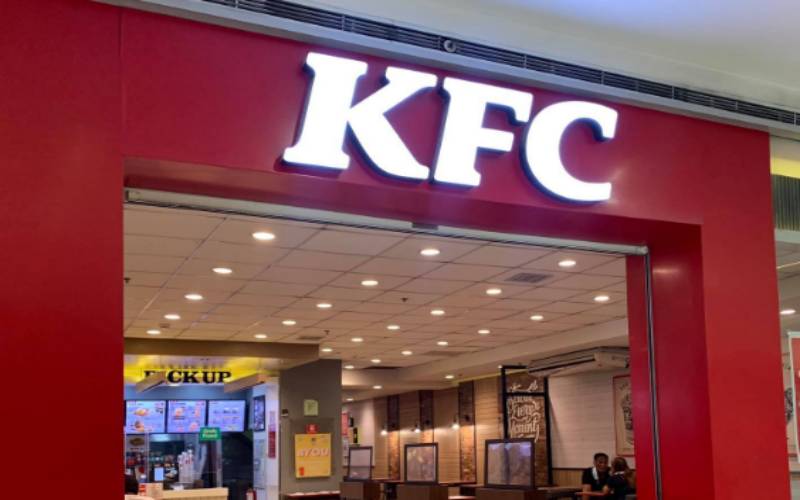×
The Standard e-Paper
Home To Bold Columnists

KFC is an international fast-food chain. [File, Standard]
Kentucky Fried Chicken (KFC), an American fast-food restaurant chain, topped Twitter trends in Kenya on Tuesday, January 4 after it emerged that the franchise does not use potatoes grown in Kenya in preparing fries for sale.